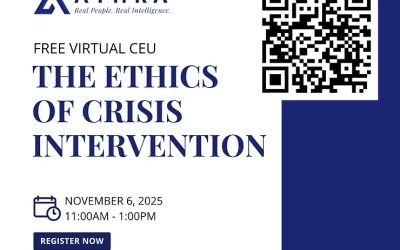The holiday season is often seen as a time of joy, celebration, and togetherness. However, for many, it can also bring feelings of stress, anxiety, and loneliness. Balancing family obligations, financial pressures, and social expectations, while coping with personal challenges, can take a toll on mental health.
💡 The Reality of Holiday Stress
According to the American Psychological Association (APA), 38% of people report increased stress during the holidays, citing lack of time, financial pressure, and gift-giving demands as major contributors. For those dealing with mental health challenges, the holidays can exacerbate feelings of isolation or depression.
Dr. Elisha Goldstein, a clinical psychologist, reminds us: “The holidays can stir up complex emotions. While it’s a time for connection, it’s also important to prioritize self-care and boundaries.”
Tips for Supporting Your Mental Health During the Holidays
- Set Realistic Expectations: The idea of a “perfect holiday” can create unnecessary pressure. Instead, focus on what matters most to you and your loved ones. It’s okay to say no to events or traditions that feel overwhelming.
- Create a Budget and Stick to It: Financial stress is one of the top holiday stressors. Set a realistic budget for gifts, travel, and events—and stick to it. Remember, meaningful gifts don’t have to break the bank.
- Prioritize Self-Care: Make time for yourself amidst the holiday bustle. Whether it’s a quiet moment with a book, a walk outside, or practicing mindfulness, self-care is essential for maintaining balance.
- Maintain Healthy Habits:
- Sleep: Aim for 7–8 hours of sleep per night to manage stress and regulate mood.
- Nutrition: Enjoy holiday treats in moderation but focus on nourishing foods to keep your energy up.
- Exercise: Physical activity, even a short walk, can help reduce stress and boost your mood.
- Stay Connected: Reach out to friends and family, especially if you’re feeling lonely. A phone call, text, or shared meal can make a big difference. If in-person connection isn’t possible, consider virtual meetups to stay in touch.
- Practice Gratitude: Reflecting on the positive aspects of your life can improve your mental health. Consider starting a gratitude journal or sharing moments of gratitude with loved ones.
When to Seek Professional Help
If feelings of sadness, stress, or anxiety persist, it’s important to seek professional support. According to the National Alliance on Mental Illness (NAMI), approximately 64% of people living with mental illness report that the holidays make their conditions worse. You don’t have to face it alone—help is available.
How Athra Systems Can Help
At Athra Systems, we specialize in providing behavioral health solutions that meet the unique needs of individuals and communities. Whether through in-person services or telehealth options, our compassionate providers are here to help you navigate life’s challenges—during the holidays and beyond.
Let’s prioritize mental health this holiday season and support one another in finding joy, peace, and balance.
If your organization supports those who may be struggling, visit www.athrasystems.com to learn more about our services.











